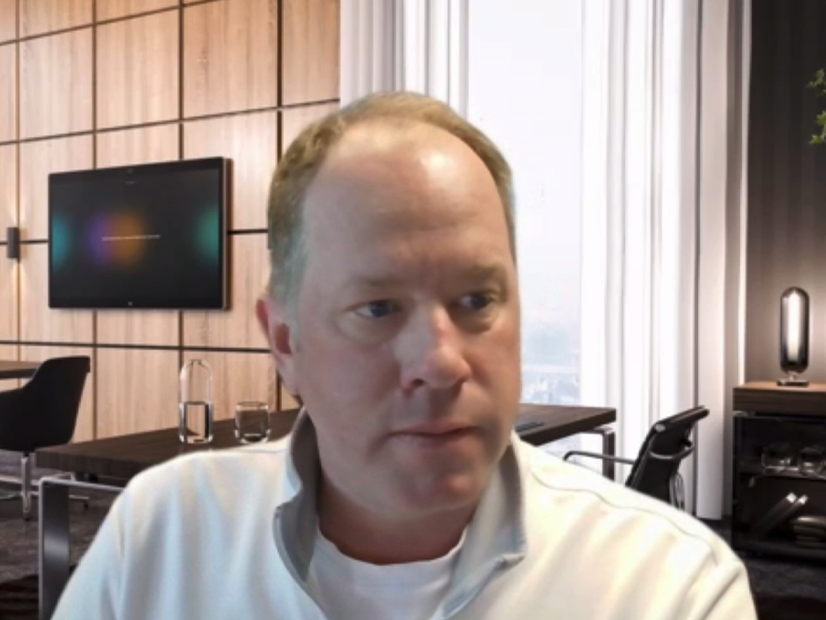NERC’s Standards Committee spent much of its monthly meeting May 15 pushing through three draft standard authorization requests (SAR) implementing FERC’s 2023 order on inverter-based resources (IBRs), with ERO staff emphasizing the organization is prioritizing the measures.
The IBR projects arise from the commission’s Order 901, issued last October, which required NERC to develop standards to improve the reliability of IBRs, including solar, wind, fuel cell and battery storage facilities. (See FERC Orders Reliability Rules for Inverter-Based Resources.) FERC directed NERC to submit the standards in three tranches, each addressing a key milestone of the order over the next three years beginning in 2024.
The first milestone is the submission of a work plan describing NERC’s approach to developing the standards, which the ERO submitted this January. Three of the standards projects approved May 15 apply to the second milestone, which concerns data sharing and model validation for all IBRs, whether or not they are registered with NERC. This milestone must be met by November 2025, NERC Manager of Standards Development Jamie Calderon said at the meeting.
Each of the three draft SARs will be assigned to an existing standards development team (SDT) working on related topics. Part 1, which deals with modeling and data-sharing requirements, will be assigned to Project 2022-02 (Modifications to TPL-001 and MOD-032).
Part 2, covering model validation and verification, will go to Project 2020-06 (Verifications of models and data for generators), and Part 3 will go to Project 2021-01 (Modifications to MOD-025 and PRC-019) to ensure the SDT for this project will not duplicate or conflict with the other teams’ efforts.
Calderon told committee members that, due to the pressing time requirements for this tranche of standards, NERC staff felt it best to split the task among existing SDTs already doing relevant work. But this division raised questions about the workload these teams will be asked to assume; for example, Amy Casuscelli of Xcel Energy asked whether the SDTs will be expected to “table the work on their previous assigned SAR and focus on this one.”
In response, Calderon affirmed that “the [FERC] directives are going to take precedence” over existing assignments and said NERC staff had made leaders of each team aware of the plan so they could prioritize the work properly.
Following a question from SPP‘s Charles Yeung, Latrice Harkness, director of standards development, confirmed SDTs would be allowed to continue their previous work alongside the Order 901 efforts if it did not prevent them from satisfying FERC’s directive by the deadline.
The committee approved the adoption of all three draft SARs and their assignment to the relevant SDTs, along with the solicitation of additional team members for the first two parts, which Calderon explained was necessary because some members said they could not commit to the additional time that might be required for the new directives.
Members did obtain one change to the proposal: The draft SARs will be posted for formal comment periods rather than informal comments. The update means SDT members will be required to address industry stakeholders’ comments on the drafts.
Committee members also agreed to accept a SAR revising the definitions of “generator owner” and “generator operator” in the ERO’s glossary of terms, to bring the definitions in line with proposed changes to NERC’s Rules of Procedure governing IBR registration. (See “Stakeholders Discuss ROP Changes,” NERC Board of Trustees/MRC Briefs: Feb. 14-15, 2024.) This proposal also was changed to require a formal rather than informal comment period.
Finally, the committee authorized posting of proposed standard CIP-014-4 (Physical security) (Page 47 of the agenda) for a formal ballot and comment period. The standard is the product of Project 2023-06 and is intended to improve physical security requirements for grid facilities. The comment period will last 45 days, with ballot pools formed in the first 30 days and voting conducted during the last 10 days of the period.




